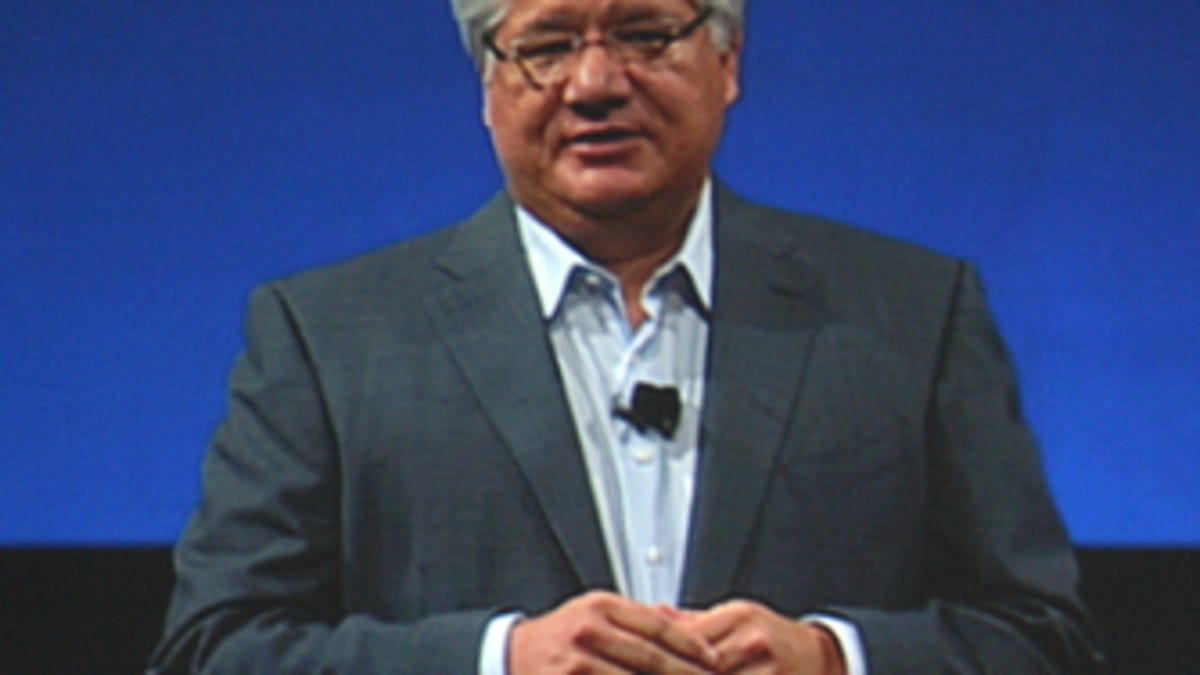RIM to Android developers: C'mon in, the water's fine
RIM's updated PlayBook 2.0 OS includes a hearty helping of tools intended to woo Android developers.

Struggling BlackBerry maker RIM knows it has to change if it's to hold the interest of developers--and that means making the new operating system, BBX, a friendlier place for Android developers to play.
That's the subtext at the BlackBerry Developer Conference in San Francisco today, which played out in live demos of Android games that have been ported over to the
RIM stressed in a press release that the PlayBook 2.0 beta includes the BlackBerry Runtime for Android Apps and the BlackBerry Plug-In for Android Development Tools, which will together make it easier for developers to bring Android apps over to the BlackBerry environment without having to learn a new programming environment and rules.
In addition, a set of online tools will let Android developers repackage their apps for the PlayBook over the Web without downloading additional apps. All of this suggests that RIM knows it needs Android developers like never before if it wants to keep its PlayBook, and its platform, in the game.
RIM first introduced its Android Runtime software shortly after releasing the 7-inch PlayBook tablet last April.

